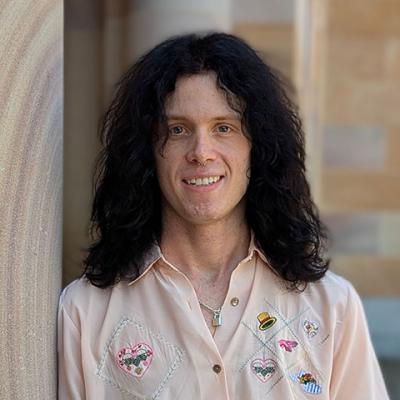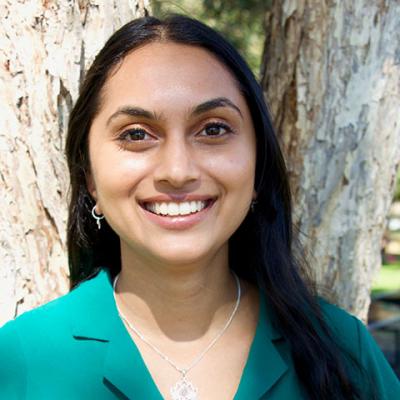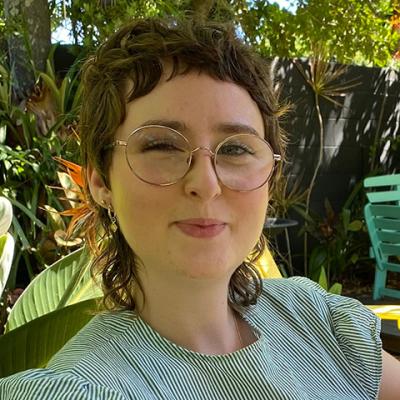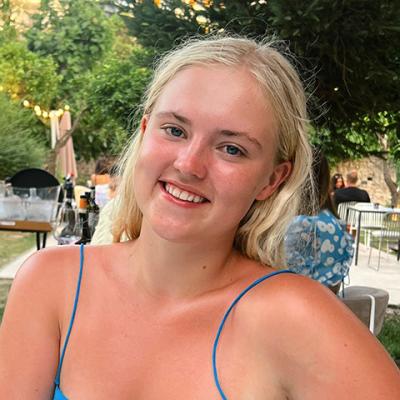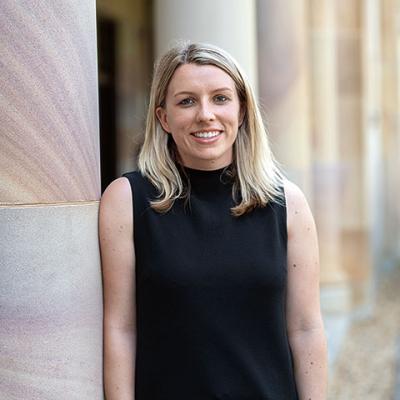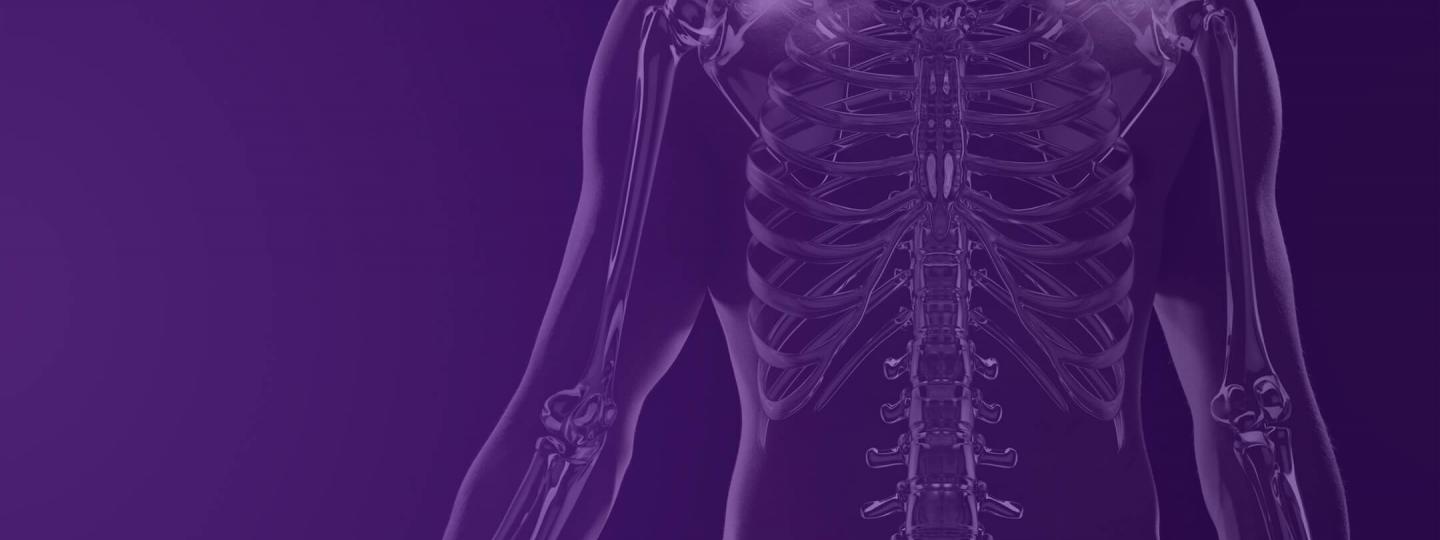
Bachelor of Social Work (Honours)
Overview
Take a lead in shaping a society built on respect, social justice and fairness.
The Bachelor of Social Work (Honours) is designed for current Bachelor of Social Work students passionate about research, offering the opportunity to transfer into the program after your third year. Under the guidance of an experienced academic mentor, you'll conduct independent research in a specific area of social work.
As a qualified social worker, you'll use your skills to support individuals, families, groups and communities in achieving equitable access to opportunities and resources while helping those who are socially excluded or in distress draw on their strengths to create positive change in their lives and communities.
Gain hands-on experience with 1,000 hours of supervised placement across diverse settings, including hospitals and various public and private agencies. Plus, you may apply to complete a rural, interstate or international placement.
UQ lets you forge your own path in social work, undergoing foundation and professional practice in the areas of health and ageing, children, youth and families, and mental health.
Your focused learning, research and placement opportunities will be combined with core knowledge and skills in social work, social policy and research. Learn from leading researchers addressing crucial issues like family violence prevention, refugee mental health and innovative community development approaches.
This program provides a strong foundation for postgraduate study or a PhD while enhancing your career prospects in industry, research, or academia, ensuring you stand out with a competitive edge in your field.
With UQ’s Bachelor of Social Work (Honours), you’ll graduate ready to make a meaningful impact and drive positive change in the world.
Program highlights
- Graduate with a highly respected honours qualification, with advanced knowledge and skills that will set you apart in a competitive job market and provide a pathway to future research and learning.
- Undertake your own research project under the guidance of an experienced supervisor.
- Acquire valuable research skills to inform policy and practice decisions.
How you'll learn
Your learning experiences are designed to best suit the learning outcomes of the courses you choose.
- Lectures
- Tutorials
- Work placements
- Online study
- Fieldwork
Placements and work experience
What you'll study
At UQ, degrees are called 'programs' and subjects are called 'courses'. Here's a sample of the courses you could study in this program:
- Human Development and Social Work
- Working with Aboriginal and Torres Strait Islander People
- Moral and Ethical Foundations of Social Work
- Social Work and the Legal Context
Career possibilities
Our programs prepare you for your first job and beyond. Here are some of the careers you could be on your way to:
- Counsellor
- Child welfare worker
- Family therapist
- Community worker
- Social and welfare services planner
- Disability advocate
- Disability support worker
- Policy analyst
Average annual salary range
Social Worker
seek.com.au
Program accreditation
The Bachelor of Social Work (Honours) is accredited by:
- Australian Association Of Social Workers
Events
See all events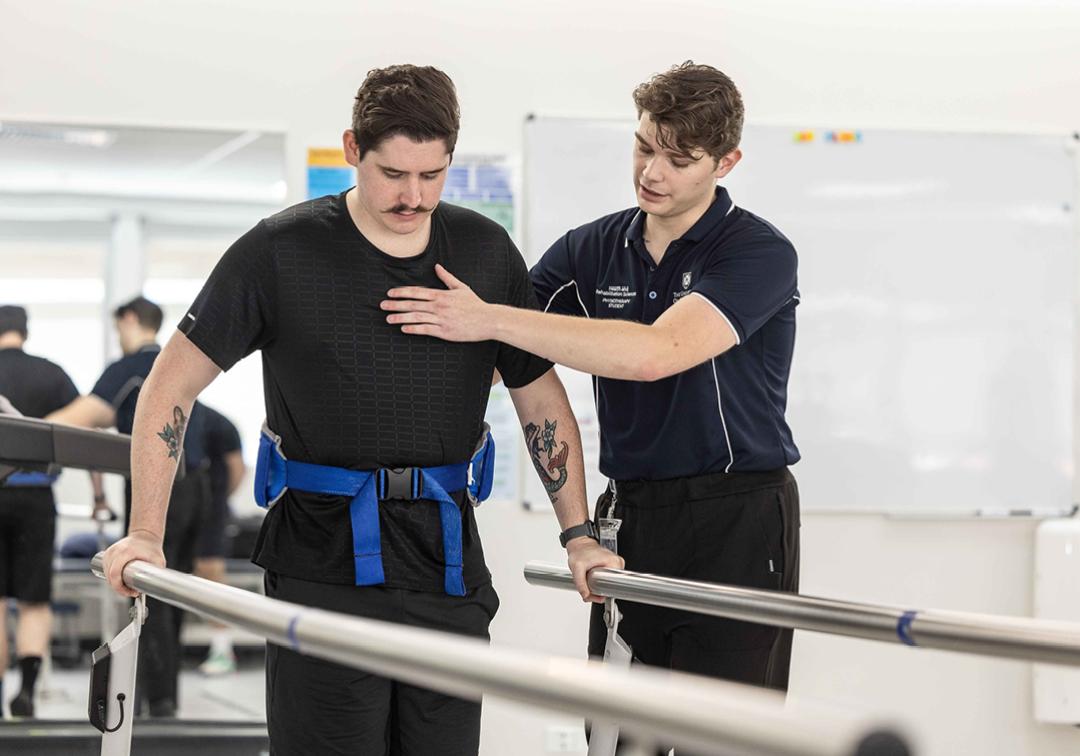
9 June
Master of Physiotherapy information webinar
Stories
See all stories
Uni life
What's it really like to study social work at UQ?
7-minute read

UQ people
How are our social and physical worlds shaping us?
3-minute read
Stories
See all stories
Uni life
What's it really like to study social work at UQ?
7-minute read

UQ people
How are our social and physical worlds shaping us?
3-minute read
Entry requirements
Prerequisites
- successful completion of 48 units towards the first three years of a Bachelor of Social Work degree, including all compulsory BSocWk Core Courses; and
- have gained a grade point average (GPA) of 5.0 across the courses that can be credited towards the BSocWk(Hons).
Prerequisites
- successful completion of 48 units towards the first three years of a Bachelor of Social Work degree, including all compulsory BSocWk Core Courses; and
- have gained a grade point average (GPA) of 5.0 across the courses that can be credited towards the BSocWk(Hons).
Entry score threshold
| ATAR / Rank | IB |
|---|---|
| 75 | 26.5 |
These are the lowest adjusted scores we made an offer to in Semester 1, 2024. Entry scores are based on the most recent Semester 1 intake and are updated in April each year. Meeting the entry score threshold doesn't guarantee admission.
Guarantee your place at UQ: If you meet our guaranteed minimum ATAR you could secure an offer for your preferred program.
English language requirements
IELTS overall 7; reading 7; writing 7; speaking 7; listening 7. For other English Language Proficiency Tests and Scores approved for UQ
TOEFL iBT (including Paper Edition) - Overall 100, listening 25, reading 25, writing 27, speaking 23.
PTE Academic - Overall 72, sub bands minimum 72.
BE - A minimum overall grade of 5 plus a minimum grade of A in all macro skills.
CES - Overall 185, All sub bands minimum 185.
OET is not accepted.
There are other ways to meet the English language requirements. For some programs, additional conditions apply.
Inherent requirements
To complete this degree, you have to meet its inherent requirements by demonstrating essential skills and attributes. Read the inherent requirements before you apply.
Student visas
International students who are accepted into full-time study in the Bachelor of Social Work (Honours) are eligible to apply for an Australian student visa (subclass 500).
There are a number of requirements you must satisfy before a visa is granted, including the Genuine Student (GS) requirement.
Entry score range
This table shows the range of entry scores for recent secondary students offered a place in the B Social Work (Hons) for Semester 1, 2024
| Without adjustments | With adjustments | |
|---|---|---|
| Highest | 97.7 | 98.6 |
| Median | 84.45 | 84.65 |
| Lowest | 75 | 75 |
Who you'll study with
Here's a snapshot of our student intake for this program in Semester 1, 2024:
| Applicant background | Number of students | Percentage of all students |
|---|---|---|
(A) Higher education study | N/P | N/P |
(B) Vocational Education and Training (VET) study | 0 | 0% |
(C) Work and life experience | 0 | 0% |
| (D) Recent secondary education | ||
| 15 | 60% |
| 0 | 0% |
| 0 | 0% |
International students | <5 | <5 |
Total | 25 | 100% |
"<5" — The number of students is less than 5.
N/A — Students not accepted in this category.
N/P — Not published. The number is hidden to protect the privacy of students in other cells.
Additional application information
Additional application information
Fees and Scholarships
Indicative annual fee
Approximate yearly cost of tuition (16 units). Your fees will vary according to your selected courses and study load. Fees are reviewed each year and may increase.
$10,455
2026
Approximate yearly cost of tuition (16 units). Your fees will vary according to your study load. Fees are reviewed each year and may increase.
AUD $45,792
2026
Government assistance
Financial aid
As an international student, you might be eligible for financial aid – either from your home country, or from the Australian Government.
HECS-HELP
Domestic places in the Bachelor of Social Work (Honours) are Commonwealth supported, as long as you meet all Commonwealth supported place eligibility requirements.
This means the cost of your education is shared between you and the Australian Government. Instead of tuition fees, Commonwealth supported students pay what are called student contribution amounts.
If you have a Commonwealth supported place, you may also be eligible for HECS-HELP. This is an Australian Government loan scheme to assist eligible students with the cost of their student contribution amounts.
Centrelink support
The Australian Government offers a number of income-support payments to eligible Australian university students.
Scholarships
You may be eligible for more than 100 scholarships, including:
How to apply
Applying online
You can transfer into this honours program at the end of your third year in the Bachelor of Social Work. Submit a program change request in mySI-net.
Applying online
You can transfer into this honours program at the end of your third year in the Bachelor of Social Work. Submit a program change request in mySI-net.
Important dates
If you’re studying Year 12 in Australia, go to the QTAC website to check the closing date for this program.
If you’re applying to UQ, the closing date for this program is:
- To commence study in semester 1 - November 30 of the previous year.
Visa processing times vary. Apply and accept your offer as early as you can.
To learn more about UQ dates, including semester start dates, view the Academic Calendar.
Aboriginal and Torres Strait Islander applicants
For support with applying – or if you have any questions about university life – get in touch with our Aboriginal and Torres Strait Islander Studies (ATSIS) Unit.
Explore other programs
Express yourself. And your interest.
They say choosing a degree is hard, which is why we've made it easy. Register your interest and we'll send you everything you need to know about applying to UQ.


